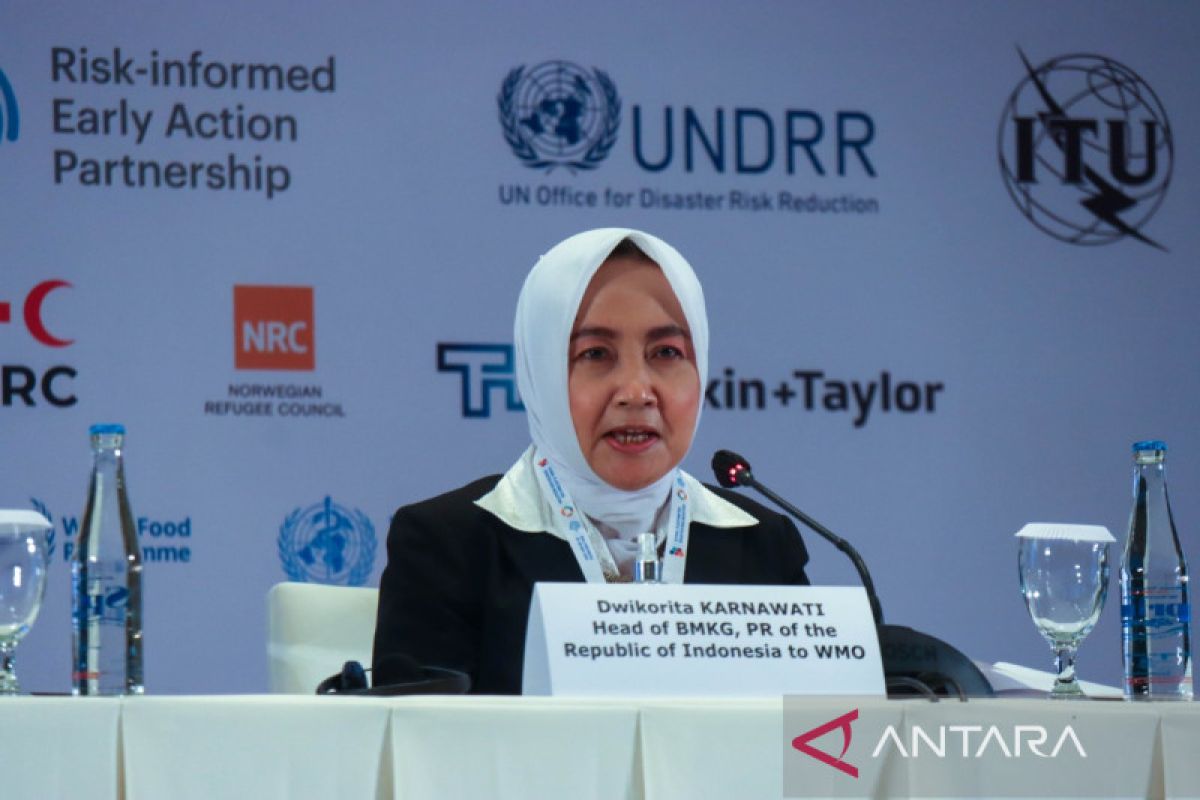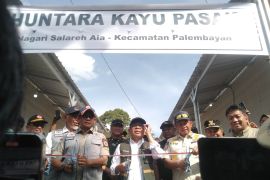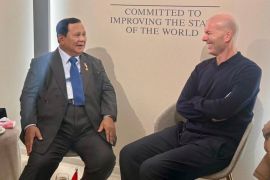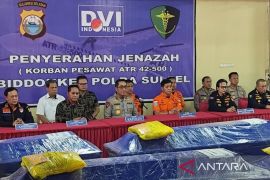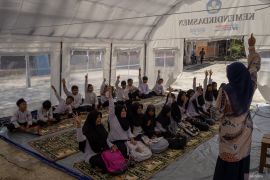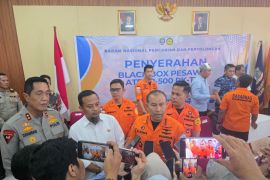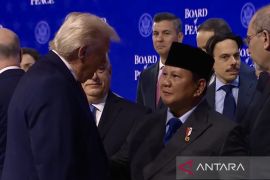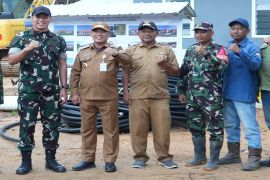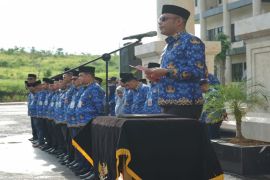Badung, Bali (ANTARA) - Meteorology, Climatology, and Geophysics Agency (BMKG) Head Dwikorita Karnawarti put forth five formulas for total resilience after the COVID-19 pandemic at the Seventh Session of the Global Platform for Disaster Risk Reduction (GPDRR) in Bali.
Karnawarti noted that in order to build total resilience at the international level, countries cannot work alone or compete with each other but must instead work hand in hand.
"First, we can start by building a reliable early warning system to avoid impacts and reduce the disaster risk. Countries whose economies were affected by the COVID-19 pandemic will suffer more without an early warning system," the BMKG head noted in a press statement on Friday.
Secondly, pertaining to budget requirements for strengthening and developing the early warning system, countries should prepare appropriate financing schemes for developing, underdeveloped, and archipelago countries. The Systematic Observations Financing Facilities (SOFF), initiated by the World Meteorological Organization (WMO), is an example of an equitable funding facility.
Related news: National COVID-19 cases under control after long holiday period
Thirdly, cooperation and involvement of all elements of society is also necessary. The government, private sector, media sector, academia, community, or elements of the pentahelix, especially for hydrometeorological services, must be increased at the regional and country levels.
Karnawati believes this can be achieved through communication with various stakeholders and by aligning all activities, with targets focused on sustainable development.
"The active participation of the five elements is the key to disaster mitigation. Collaboration between the five elements could build mutual awareness at the global, regional, or country level while facing multi-disaster threats," she affirmed.
With all elements having the same understanding, various preventive and mitigatory measures as well as strategies in dealing with disasters can be implemented properly to reduce the likelihood of victims being reported or even achieving zero victims when a disaster occurs, she noted.
Meanwhile, the fourth formula is building global solidarity to share capacity and resources in overcoming these global challenges. Karnawati believes that the spirit of humanity can become a solution to achieve total resilience together in a post-pandemic world.
Related news: 15 COVID-19-positive people at GPDRR handled properly: Task Force
"Indonesia is ready to contribute to global interests through training, increasing literacy, increasing human resource capacity, as well as joint technology development with other countries, especially with developing and archipelago countries," she remarked.
The fifth formulation is to encourage an increase in the role and effectiveness of leadership at the local, national, regional, and international levels in strengthening disaster mitigation, starting from the pre-disaster phase to during emergency response and to the recovery period.
Karnawati is optimistic that the forum would be immediately followed up together and contribute significantly to creating a safer world for the current and next generations.
Related news: GPDRR meeting proves that world can unite amid conflict: Official
Related news: Data collection vital in devising strategies for disaster resilience


